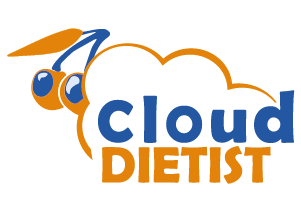Iron is important for the formation of red blood cells, which transport oxygen throughout our body. The likelihood of an iron deficiency is not very high, as the body increases absorption when a deficiency is imminent. A severe deficiency in iron results in anemia.
Groups more likely to experience iron deficiency include girls/women of childbearing age, pregnant women, and women who are breastfeeding. It’s also important for young children and vegetarians/vegans to ensure adequate iron intake. People with a deficiency in folic acid or B12, those who have had an internal bleeding, or an inflammation in the intestines, are also at a higher risk of iron deficiency.
Symptoms of iron deficiency include fatigue, restless legs, being easily short of breath, and pale skin.
DIETARY ADVICE FOR IRON DEFICIENCY
A dietitian can help ensure adequate iron intake by adding sufficient sources of iron to the daily diet. Sources of iron include meat/fish/poultry, bread and grain products, legumes, nuts, and green leafy vegetables. The dietitian can also look at food combinations to enhance iron absorption from the diet.
Are you interested in a diet for iron deficiency? We would be happy to provide you with tailored nutritional advice.





